How much caffeine in tea, that’s a question boring many people. Researchers use to study different types of tea on the market, hope to found out the answer.
But the answer has not come so far.
The reason is very simple. There are too many factors that influence the caffeine amount in tea. That’s why most of the tea brands do not label the number of caffeine amounts on the package.
P.S. This post will not give an exact number of the caffeine amount of different types of tea.
Why We Care About The Caffeine Intake
Most of the people care about the tea caffeine amount. They just want to avoid the side effects of too much caffeine on bodies.
Because of its stimulating effect, scientists believe that caffeine has lots of health benefits, such as increased watchfulness and attention, improved athletic performance, and a boost to the metabolism.
USDA and the EFSA both define safe caffeine consumption as less than 400 milligrams per day, less than 200 milligrams per taking, or less than 3 milligrams according to per kilogram of body weight.
However, taking caffeine that closes to the suggested amount one time will cause some problems. Such as anxiety, restlessness, and insomnia. Some people who are sensitive to caffeine may also cause symptoms such as headaches.
Besides, caffeine is considered mildly addictive, and some people may be more prone to develop dependency symptoms.
Such being this, how can we avoid to take too much caffeine when having tea? What factors influence the amount of caffeine in tea?
The Amount Of Caffeine In Natural Tea Leaves
Green tea, black tea, oolong tea, yellow tea, white tea, and dark tea all belong to true tea, made from the leaves of the tea plant(Camellia Sinensis), which contains caffeine naturally. (Herbal Tea do not belong to true tea, so most of them do not contain caffeine)
Before processing, the caffeine amount of tea leaves depended on the part it picks from the plant.
We know that the young leaves contain more nutrition facts such as tea polyphenol more than the old leaves. Similarly, caffeine also higher.
Only talk about the raw tea leaves, that white tea contains the most caffeine because of white tea made from the most tender tea buds and leaves. And the green tea made from the tender leaves is second.
Most of the dark tea also made from the old tea leaves, even the tea stem. The natural caffeine contains lower.
Does that mean white tea and green tea contain more caffeine than other types of tea?
The answer is No!
When we are having tea, what we are drinking is the extract of the tea leaves, rather than take the tea leaves directly. Our bodies will absorb only the part of caffeine extracted in the water.
And the processing method influences the caffeine extraction in tea a lot.
How The Processing Method Influences The Caffeine In Tea
Tea classified according to its processing methods.
We can see, most of the types of tea have been fermentation during processing.
The research found that during the fermentation process, the growth and reproduction of microorganisms would influence the nutritional facts of tea. The amount of caffeine also increases with fermentation time.
Notably, the complete-fermented black tea, partial-fermented oolong tea, and post-fermented black tea have a higher coffee content than non-fermented tea such as green tea.
That why most of the studies show black tea contains more caffeine than other types of tea.
Drying
For better storage and sell, tea masters will dry the tea leaves. Different types of tea have different drying way.
Such as black tea will be drying in high-temperature baking, while white tea prefers to dry in a low-temperature environment.
The nutrition facts, including caffeine, will be translate or volatilization during drying. So the drying temperature and time will influence the caffeine amount in tea.
Cutting
What I thought, the cutting(shaping) may be the most significant factors that influence the extraction of caffeine in tea.
It is not difficult to understand that the larger the surface area of the tea, the wider its contact area with the hot water.
Take black tea, and green tea as an example, matcha green tea(a type of green tea which grinding into powder) and CTC black tea(a type of black tea which cutting into fine pieces), the nutrition facts extraction efficiency are more than the whole-leaf green tea and black tea.
So when we are brewing tea, we usually feel that the tea bag made of finely cutting tea leaves will bring a stronger flavor faster than the whole-leaf tea.
Especially the Hong Kong-style milk tea made of CTC black tea can be said to extract the caffeine in black tea fully. A drink will make you keep activating all afternoon.
Besides, the matcha green tea can be said the most caffeine intake tea drink. Green tea, which has a high caffeine content of its own, is ground into matcha powder. And when we have matcha, we also intake with the tea leaves(powder) together.
That means we took all the caffeine in green tea! A cup of matcha can even stimulate the nerve as much as a cup of coffee.
Water Temperature Influence The Caffeine Extraction
As we just mentioned, high-temperatures can influence the extraction efficiency of caffeine in tea. Therefore, the temperature of the steeping water is also an essential factor.
Let’s see the recommended steeping temperature of each type of tea:
- Green Tea:80℃ – 90 ℃
- Black Tea:95℃
- Oolong Tea: 100℃
- Yellow Tea: 80℃ – 90℃
- White Tea: 70℃ – 80 ℃
- Dark Tea: 100℃
Besides, the recommended steeping water temperature of matcha powder is about 60℃, and the cold brew tea is about 30℃.
The researches show that the extraction efficiency of caffeine will be the most achieving at about 90℃. At the 60℃ case, the amount it extracted is only a half.
It is essential to control the water temperature when brewing. If you want a lower caffeine intake, consider brewing your tea at a lower temperature. But this will lose parts of the flavor of the tea, and make other nutrition facts also hard to be extracted.
The Influence Of Steeping Time
The steeping time of tea also greatly affects the extraction of caffeine.
Studies used to test with various 20 brands of tea on the market. Took 6 oz of each tea (3 types of them take 8 oz), steeped in the water at 90-95 ℃ for 1,3 and 5 minutes.
The results showed that except for three teas (two were herbal teas with no caffeine, and one was decaffeinated flavored tea with low caffeine content), the caffeine extraction efficiency of the other 17 tea, all of which increased over the steeping time, and peaked at the 5 minutes.
Easy to see, as the steeping time increases, more of the tea’s nutrients (including caffeine) extract more into the water.
In the cold brew tea case, even the water is cold, and it still extracts a certain amount of caffeine due to a long-time place.
Worth to know the Teh Tarik, and the Hong Kong-style milk tea case, they both have a long steeping time, and to use CTC black tea for brewing mainly. That why many people got insomnia after having them.
Other Factors
In addition to the above 4, there are some of the other factors that influence the amount of caffeine in tea, also worth pay attention:
- The tea origin
- The season of the tea picking
- Reprocessing of tea leaves by the tea brand merchants (e.g., decaffeination)
- The number of tea leaves you take for brewing
- The rounds that tea brewed
How To Control The Amount Of Caffeine In Tea Intake
After all these, we can see, so many factors influence the caffeine in tea we drunk. It’s hard to control the amount of caffeine intake precisely.
So what can we do something to avoid to take much caffeine when having tea? Here are 4 tips:
- Brewing the whole-leaf tea instead of the tea bag or finely tea
- Avoid leafing the tea leaves or tea bag steep in the water for a long time
- Choose the tea contains low caffeine, such as the decaffeinated tea
- Avoid to having too much tea
Sometimes, we may want to take more caffeine from tea to get a refresh, and we could choose to brew a cup of CTC black tea. And a cup of matcha green tea also is the best choice.
Remember to pay attention to the amount, intake too much caffeine may cause nervous tension and insomnia.
Also, everyone has a different sensitivity to caffeine. Best to choose the most suitable tea types and brewing method according to the individual’s feelings after drinking tea.
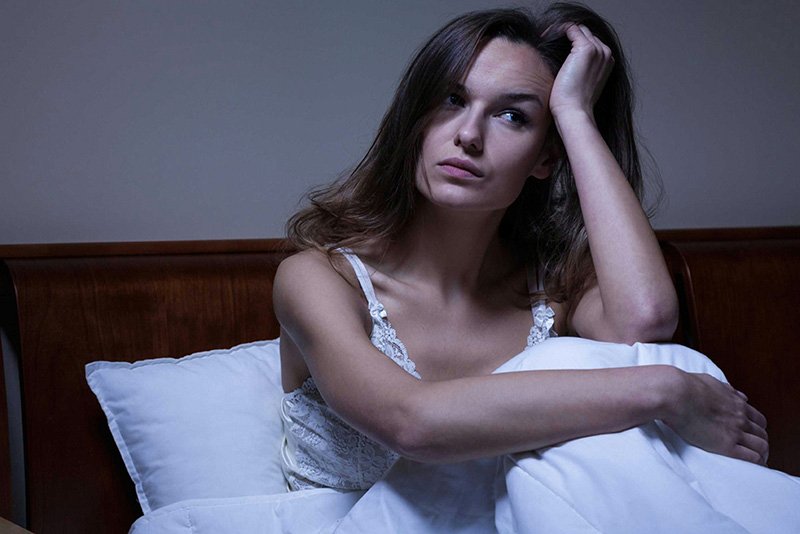
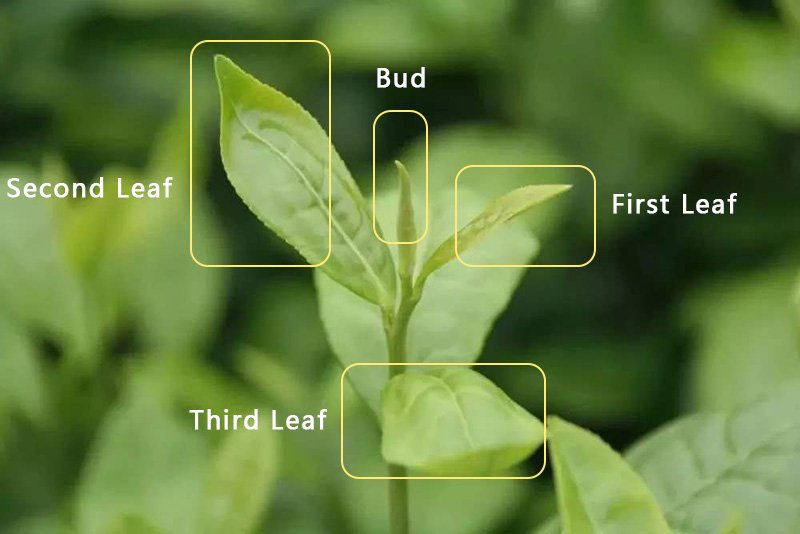
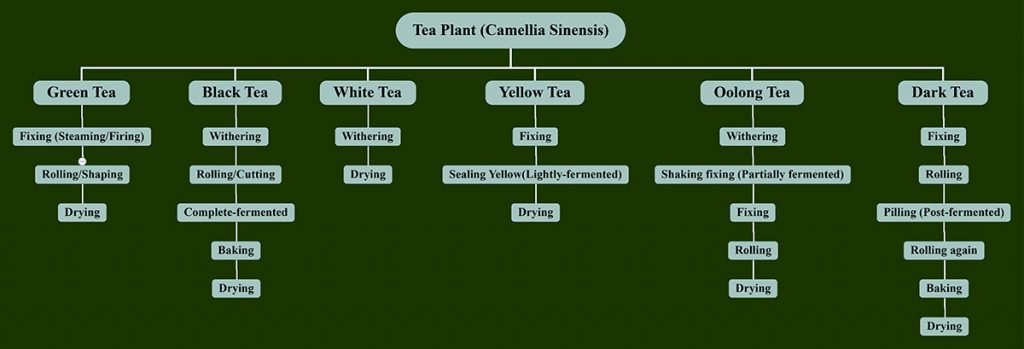
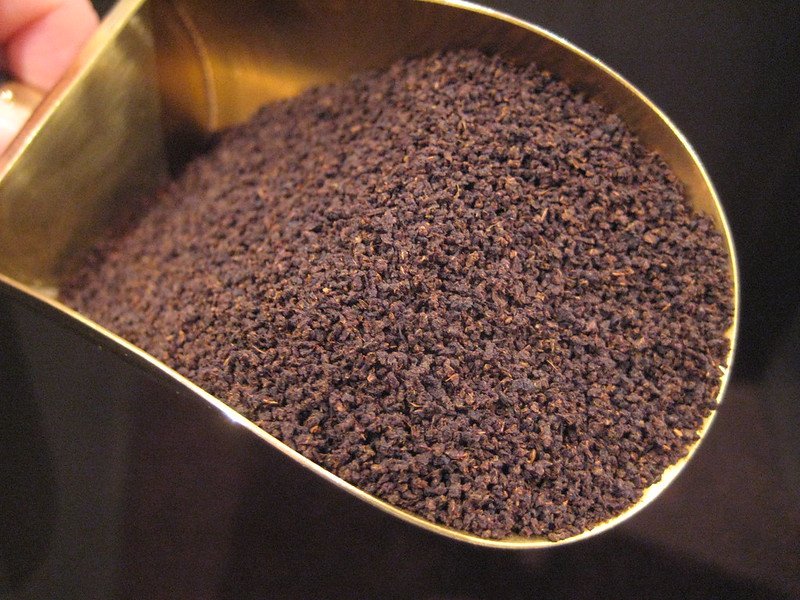
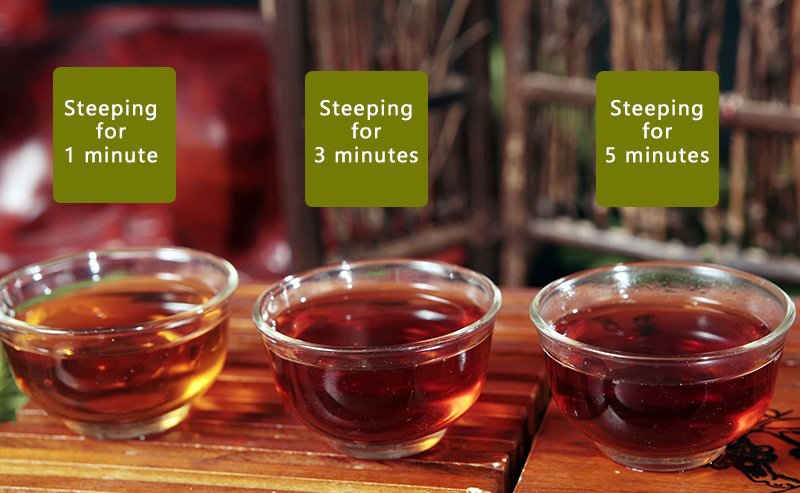
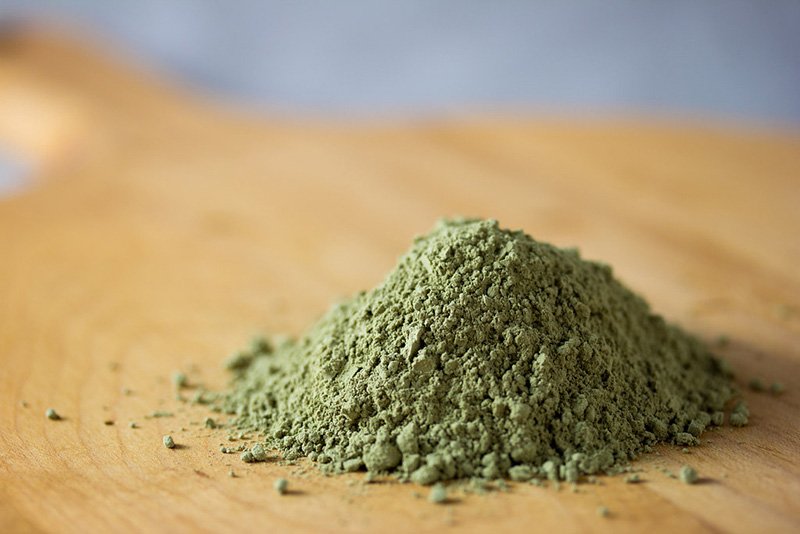
No comments:
Post a Comment